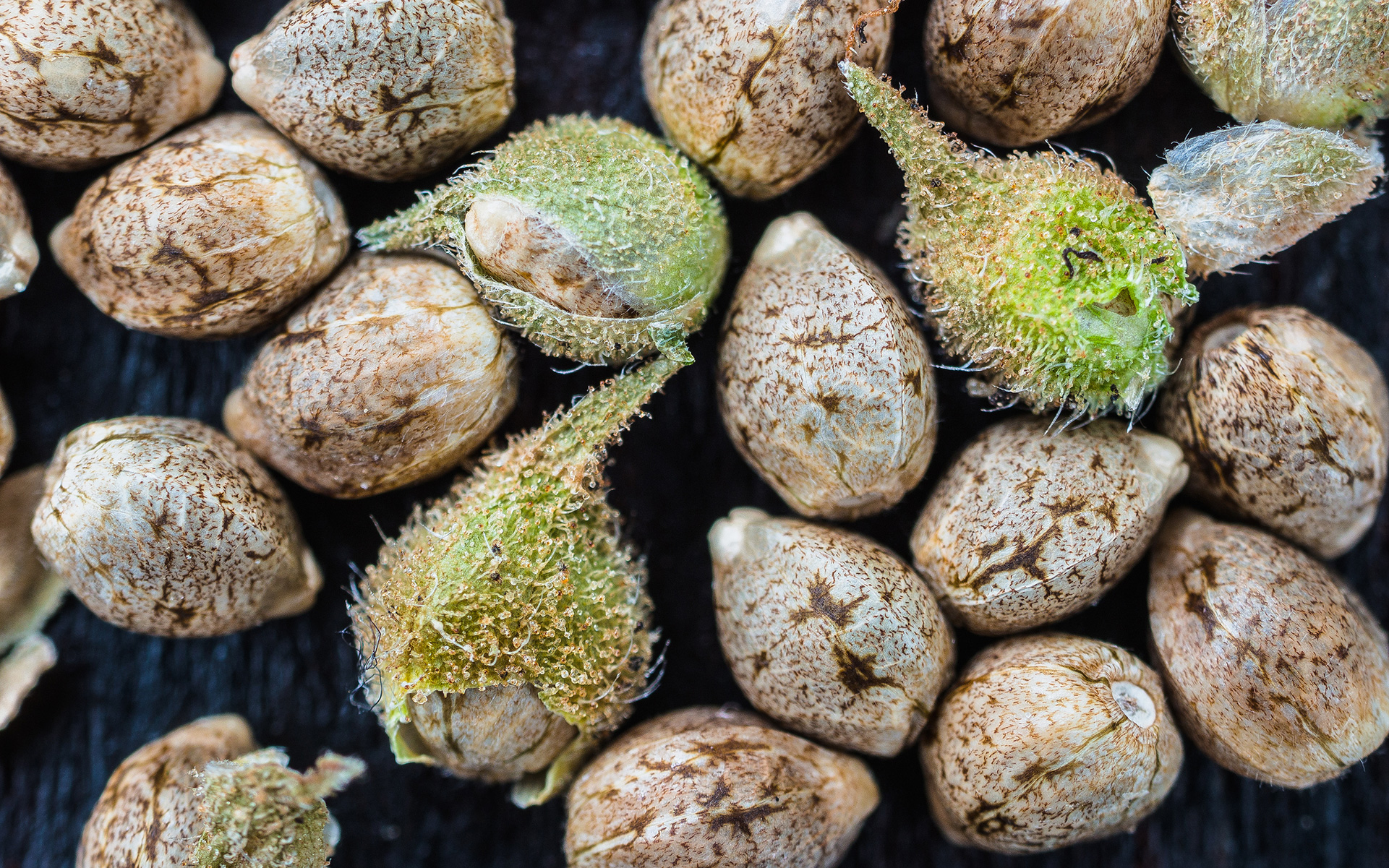In current many years, the discussion all-around sustainable farming practices has acquired momentum, with an growing aim on environmentally helpful choices. Just one intriguing participant in this movement is the hashish plant, exclusively its seeds. Hashish seeds have emerged as a potential recreation-changer in sustainable agriculture, offering a myriad of rewards that extend over and above the realm of recreational and medicinal use.
Check This Out -Pleasant Character of Cannabis Seeds:
Hashish vegetation are regarded for their resilience and adaptability, producing them an perfect applicant for sustainable farming. The cultivation of hashish seeds calls for much less pesticides and herbicides compared to quite a few other crops, contributing to a reduction in environmental air pollution. Also, hashish vegetation have deep root units that aid prevent soil erosion, selling soil well being and fertility.
H2o Efficiency:
Water shortage is a major problem in agriculture, but cannabis has confirmed to be a somewhat water-productive crop. Hashish crops have a unique means to thrive in various climates, from arid areas to far more temperate zones, making it possible for for cultivation in locations the place water methods might be minimal. This adaptability tends to make hashish seeds a promising possibility for farmers wanting to conserve h2o and cut down their environmental influence.
Biodiversity and Crop Rotation:
Sustainable farming procedures typically emphasize the importance of biodiversity and crop rotation to keep soil wellness. Cannabis matches nicely into these rules, as its cultivation can lead to crop rotation cycles, protecting against the depletion of nutrients in the soil. Additionally, hashish plants support biodiversity by giving a habitat for a variety of bugs, birds, and microorganisms that participate in crucial roles in ecological balance.
Carbon Sequestration:
One particular generally-neglected component of cannabis cultivation is its prospective to act as a carbon sink. Hashish plants absorb carbon dioxide during photosynthesis, helping mitigate the outcomes of weather transform. When grown on a big scale, cannabis has the capacity to sequester sizeable amounts of carbon, building it a worthwhile ally in the battle in opposition to international warming.
Hemp: A Flexible and Sustainable Crop:
Inside the hashish relatives, hemp stands out as a specially versatile and sustainable crop. Hemp fibers can be used to deliver a broad vary of eco-helpful solutions, like textiles, paper, and biodegradable plastics. Hemp seeds, loaded in protein and vital fatty acids, are a wholesome addition to human and animal eating plans, featuring a sustainable alternate to regular crops.
Financial Positive aspects for Farmers:
In addition to its environmental benefits, cultivating cannabis seeds can provide financial benefits for farmers. The expanding need for hemp-derived solutions, this sort of as CBD oil and hemp-primarily based textiles, opens up new earnings streams. As extra countries legalize and control hashish cultivation, farmers have the option to diversify their crops and tap into a burgeoning market place.
Worries and Things to consider:
When the opportunity benefits of cannabis seeds in sustainable farming are promising, there are difficulties and factors that can’t be disregarded. Regulatory frameworks, different lawful statuses, and the stigma involved with cannabis cultivation can pose hurdles for farmers. Nonetheless, as attitudes to cannabis continue to evolve globally, it is essential to handle these issues to unlock the complete possible of hashish in sustainable agriculture.
Conclusion:
Cannabis seeds have the potential to revolutionize sustainable farming tactics by giving a crop that is resilient, water-efficient, and environmentally friendly. As the entire world grapples with the urgent need for sustainable methods in agriculture, exploring the possibilities of hashish cultivation turns into progressively essential. By embracing the ecological benefits of cannabis seeds, farmers can lead to a greener long term though reaping financial benefits. It’s time to recognize cannabis not just for its recreational and medicinal worth but also for its part in cultivating a far more sustainable and resilient agricultural landscape.
